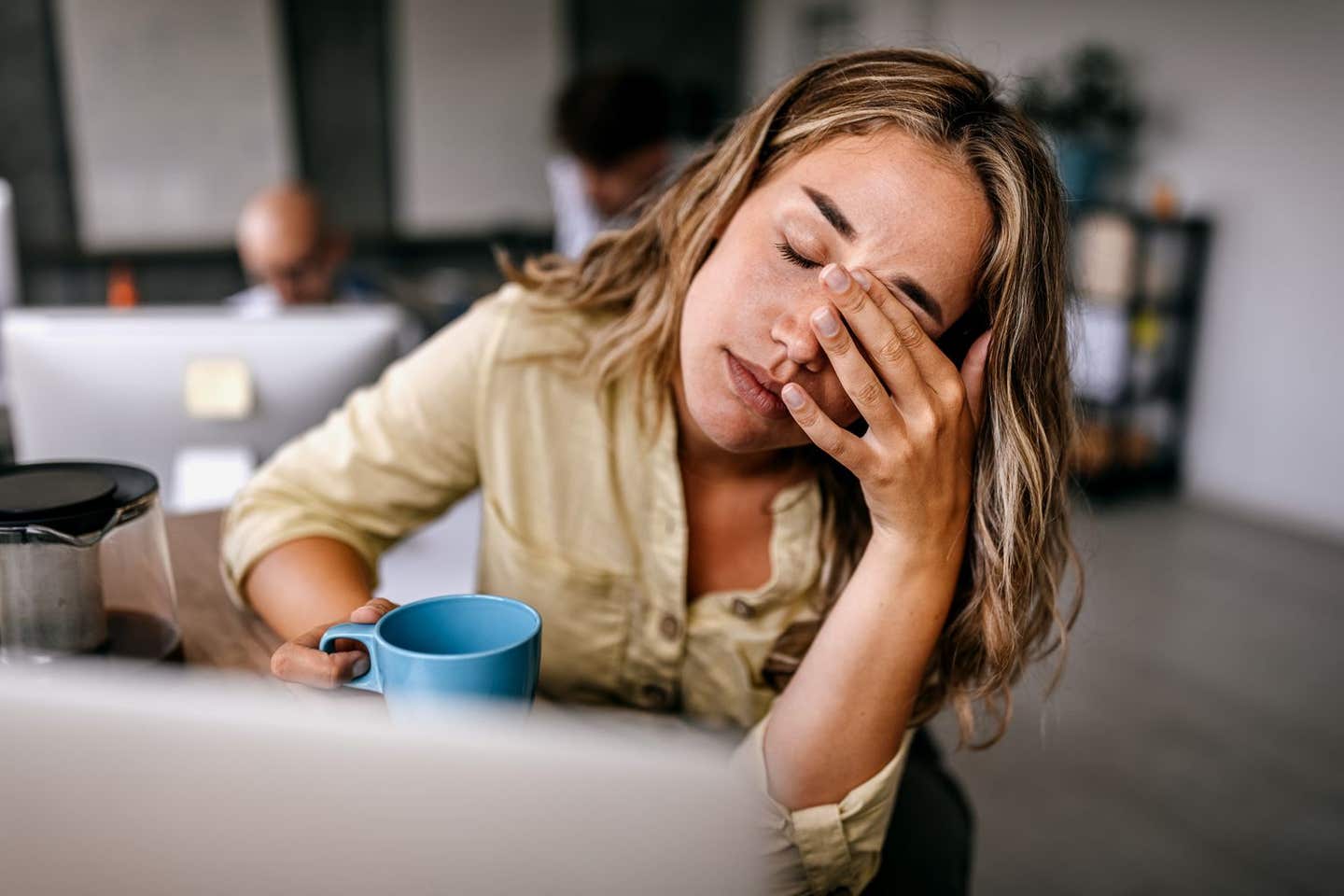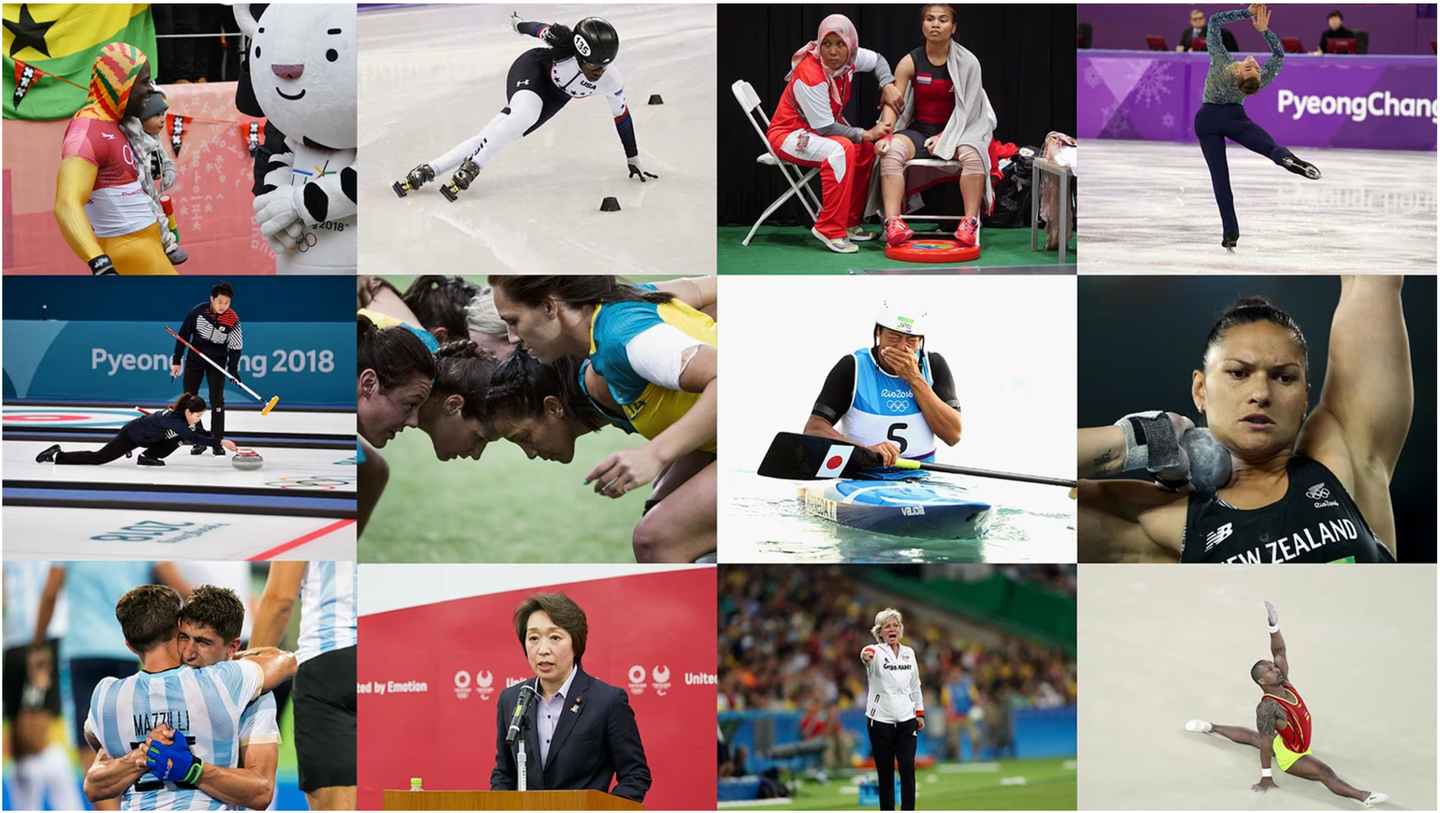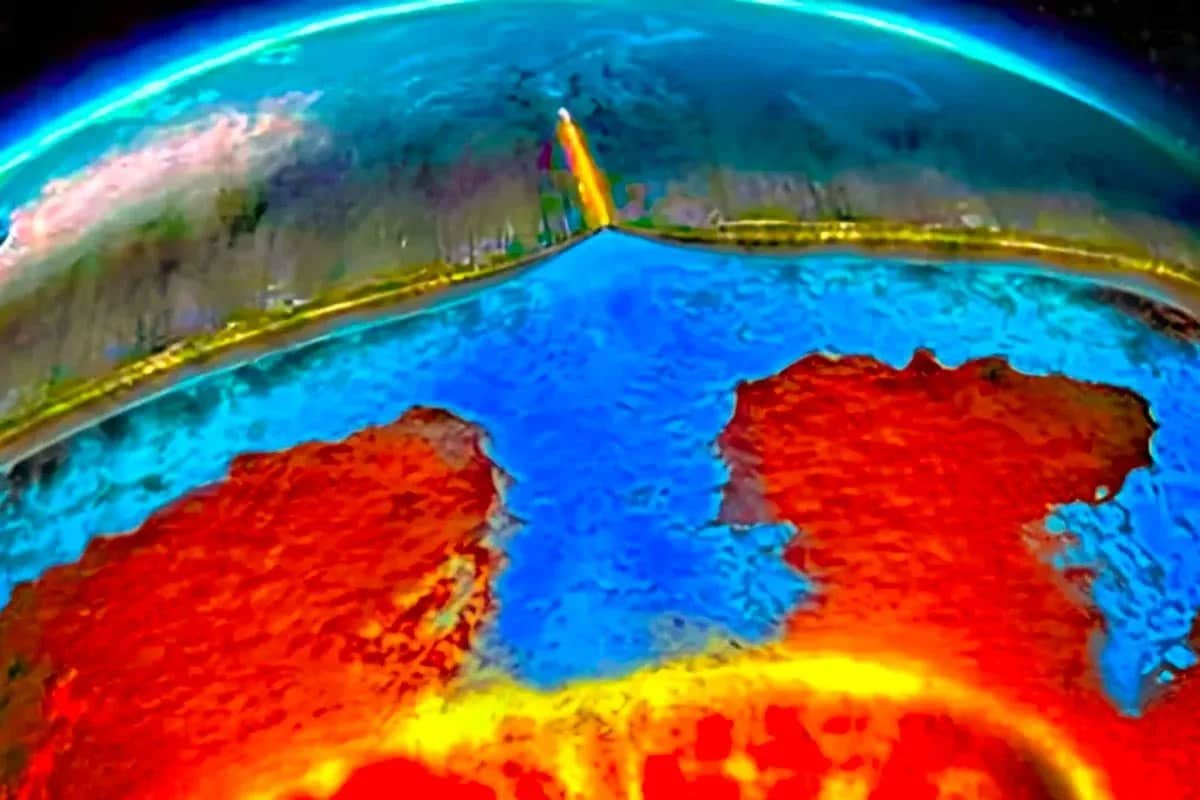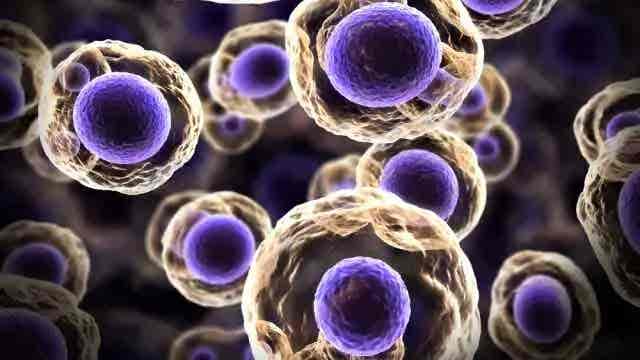Breakthrough blood test can identify people with sleep deprivation
Test accurately identifies when an individual has been awake for 24 hours or more, a condition known to significantly increase accident risk

This test accurately identifies when an individual has been awake for 24 hours or more, a condition known to significantly increase the risk of accidents. (CREDIT: Getty Images)
A groundbreaking blood test has been developed by experts at Monash University in Australia and the University of Birmingham in the UK. This test accurately identifies when an individual has been awake for 24 hours or more, a condition known to significantly increase the risk of accidents and fatalities in safety-critical situations.
Published in Science Advances, the test utilizes a combination of biomarkers found in the blood of healthy volunteers. These biomarkers, when analyzed together, reliably predict whether study participants have been awake for more than 24 hours in controlled laboratory settings.
The accuracy of the test is striking. When compared to the participants' own well-rested samples, the test correctly identified instances of 24-hour wakefulness with an impressive probability of 99.2 percent. Even when considered independently, without a comparison to well-rested samples, the test maintained a high accuracy of 89.1 percent.
Features isolated by HILIC LC-MS and showing linear and/or cyclical trends across each sleep deprivation experiment. (CREDIT: Science Advances)
The implications of this discovery are profound, particularly in the realm of road safety.
Approximately 20 percent of road accidents worldwide are attributed to sleep deprivation. Researchers envision that this test could pave the way for rapid and straightforward identification of sleep-deprived drivers. Moreover, it holds promise for application in other safety-critical environments where sleep deprivation poses significant risks.
Professor Clare Anderson, the senior author of the study, emphasized the importance of this breakthrough. She noted that driving after 24 hours of wakefulness could impair performance to a level comparable to being more than double the legal alcohol limit in Australia.
Dr. Katy Jeppe, the first author of the study, highlighted the potential forensic applications of the test. While further validation is necessary, the test could play a crucial role in investigations involving accidents where driver fatigue is a contributing factor.
Related Stories
The current version of the test focuses on detecting 24 hours or more of wakefulness but can also identify instances of being awake for as little as 18 hours. There is potential for the development of a biomarker specifically targeting limited sleep over the previous night, although additional research is needed to refine this aspect.
Dr. Jeppe stressed the importance of extensive validation and legal considerations before implementing such a test in real-world settings. She suggested exploring alternative bodily fluids, such as saliva or breath, to facilitate roadside testing.
The significance of combating sleep deprivation in safety-critical occupations cannot be overstated. Historically, incidents like the Chernobyl nuclear reactor meltdown and the Challenger space shuttle disaster have been attributed, at least in part, to human error resulting from fatigue.
Significant linear changes at the individual level for each of the five final biomarker candidates across both sleep deprivation experiments. (CREDIT: Science Advances)
Professor Anderson underscored the urgent need for objective tests to identify individuals at risk due to fatigue, particularly in situations where the consequences of a mistake can be catastrophic. Drawing a parallel to the impact of alcohol testing on reducing road accidents, she expressed optimism that fatigue testing could yield similar benefits, albeit acknowledging the necessity of further research and development.
This groundbreaking research was conducted in collaboration with the Cooperative Research Centre for Alertness, Safety, and Productivity. While the road to widespread implementation may be long, the potential benefits for public safety are immense.
What causes sleep deprivation?
According to the Cleveland Clinic, sleep deprivation can happen for numerous reasons. Many of these have to do with the circumstances of your life.
Shift work (especially shifts that happen partly or fully during nighttime hours).
Alcohol use (especially misuse).
Using stimulants like caffeine later in the day.
Bad sleep-related habits (known as sleep hygiene).
High stress levels.
Sleeping in a new or unfamiliar place, such as in a hotel while traveling.
However, sleep deprivation can also happen for medical reasons. Some examples include:
Lack of quality sleep due to sleep apnea.
Degenerative brain disorders such as Alzheimer’s disease or Parkinson’s disease.
Mental health concerns (see below for more about these).
Concussions and traumatic brain injuries.
Pain.
Insomnia.
Restless leg syndrome.
Parasomnias (disruptive sleep disorders) such as night terrors, sleep paralysis, sleepwalking and more.
Medications such as corticosteroids, stimulants and more.
Short-term illnesses and infections, such as the common cold, the flu and more.
Mental health concerns
Your mental health has a major impact on your sleep and vice versa. This can set up a cycle that reinforces itself as it gets worse. An example of this would be depression that makes it harder to sleep, which causes sleep deprivation, which then makes you feel even more depressed.
Mental health issues that can affect sleep include, but aren’t limited to, the following:
Anxiety.
Bipolar disorder.
Depression.
Mania.
Panic disorder.
Post-traumatic stress disorder (PTSD).
Somniphobia (fear of sleep).
What is the difference between sleep deprivation and insomnia?
Insomnia and sleep deprivation are closely related but aren’t the same thing. Insomnia is when you’re unable to sleep when you try. Sleep deprivation is what happens when you don’t give yourself enough time to sleep don’t get enough sleep or both.
For more science news stories check out our New Discoveries section at The Brighter Side of News.
Note: Materials provided above by The Brighter Side of News. Content may be edited for style and length.
Like these kind of feel good stories? Get the Brighter Side of News' newsletter.



